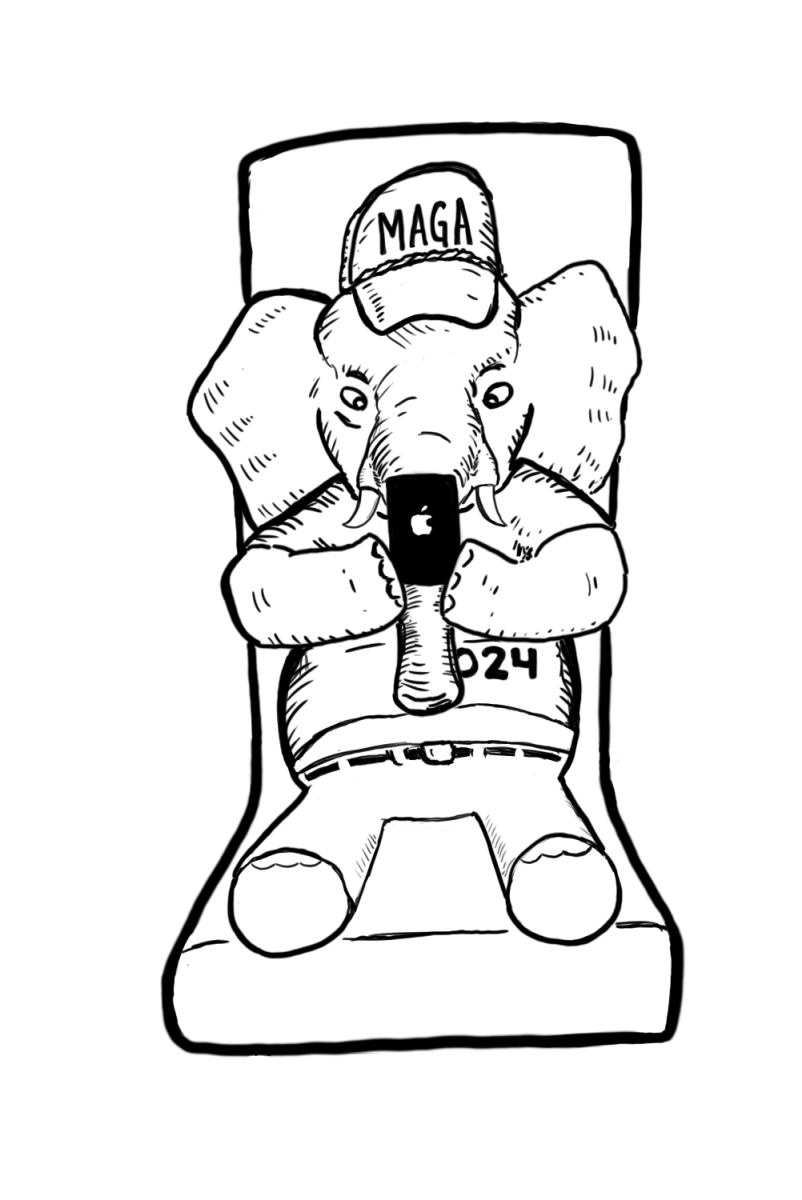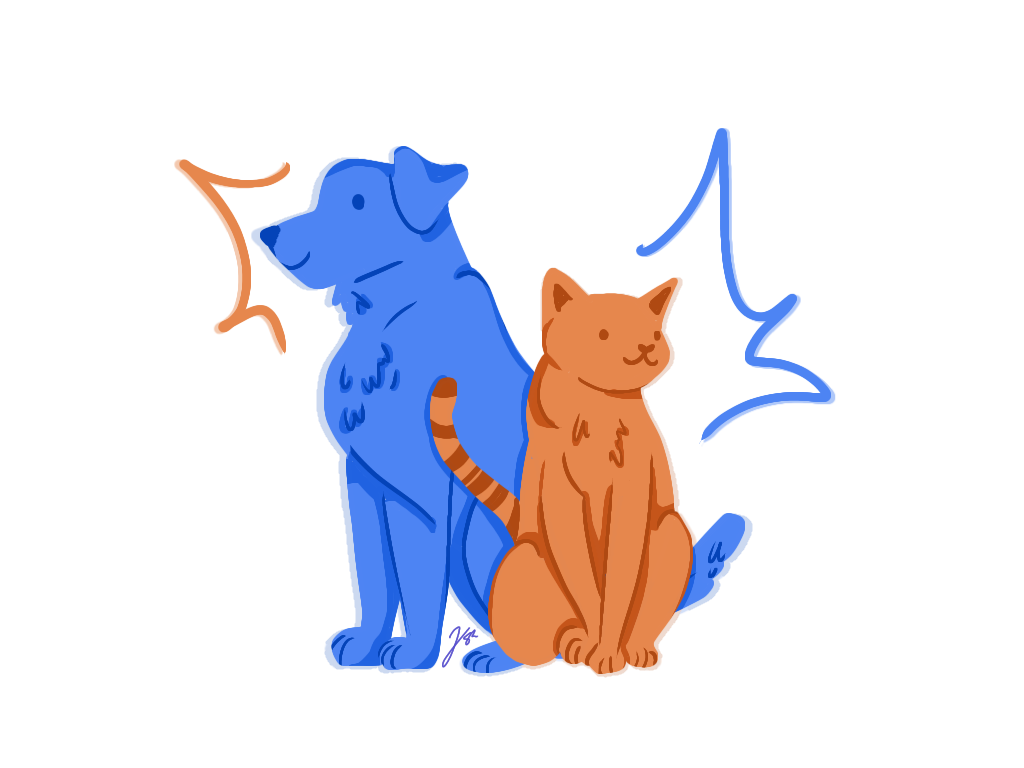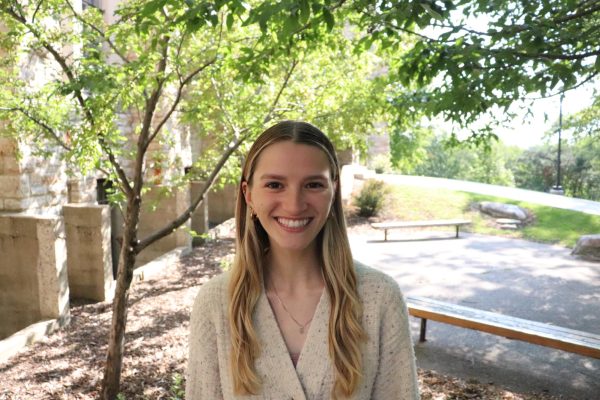Parler social media is marketed as a free speech-focused and unbiased alternative to mainstream social networks such as Twitter and Facebook. It was founded in 2018. Following the 2020 elections, the platform gained a massive influx of users, and a few outlets reported Parler as culpable for the Jan. 6 Capitol riots. After these claims, Apple and Google removed Parler from their app stores, and the app firmly cemented its alternative audience. After a few shifts in leadership changes, Parler is now in talks with rapper and frequent user Kanye West who wants to purchase the platform.
In the realm of alternative Twitter platforms, Parler’s biggest rival is Truth Social. Formed in 2021 and launched in 2022 by former President Donald Trump, Truth Social is also marketed as in the alt-tech field that includes Parler, attempting to provide an “uncensored” alternative to Twitter and Facebook. Unlike Parler, Truth Social is still available in the Google play store and Apple app store.
Donald Trump is one of Truth Social’s most active users, most recently using the app to criticize Republican rival Ron DeSantis after the 2022 midterms. Both Donald Trump and Kanye West have been suspended from Twitter multiple times and have cited their disdain for the platform in posts on their respective platforms. Given that both these platforms have been already flagged as potential gathering sites for terrorism, and Parler has already been connected to Jan. 6, it’s important to consider the implications of these platforms as media. When Trump got banned from Twitter, many considered the question of when free speech should outweigh the speech delivered. We have laws such as the illegality of shouting “fire” in a burning building, but there is less guidance on how speech interacts with social media platforms.
Should our speech be controlled by companies in any way? I also find it concerning that ultimately these platforms are owned and controlled by individuals, Musk for Twitter, Trump for Truth Social, and maybe even West for Parler. This means that if one is wealthy enough they don’t have to follow the rules of acceptable speech, if they get removed from one platform they can just start their own. One person should not be able to silence the public based on what they personally want people to be expressing. On the other side, however, companies are private businesses and that could mean having the right to eliminate certain types of speech from a platform they own and pay to keep running.
Ultimately, the line must be drawn somewhere, and fast. Social media is still new in the grand scheme of media, and for democracy to thrive more conscious thought needs to be put into how we can encourage the movement of ideas, without the insightful organizing of actions that threaten our society and security, and who is in control of these platforms.
Alli Hering is from Apple Valley, Minn.
Her major is undeclared.






